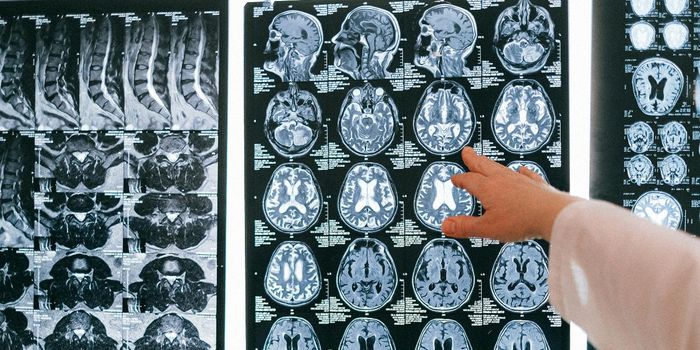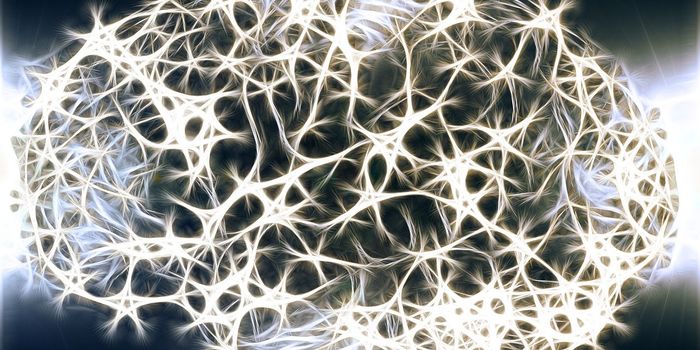Can Fasting Reduce Seizures?
Many patients living with epilepsy have had success managing symptoms by limiting calorie intake, i.e., acute fasting. Boston Children’s Hospital researchers investigated how fasting affects neurons in the brain with specific attention to how mTOR signaling supports seizure protection. This study is the first step in understanding how dietary therapies can reduce seizures without fasting or restrictive diets. The study was published in Cell Reports.
Previous research studies demonstrated that the mTOR cellular pathway is involved in many neurological disorders. A significant number of research studies indicate that over-activation of the mTOR pathway in neurons increases seizure susceptibility. This study confirmed that neuronal DEPDC5 loss decreases serotonin levels and can provoke seizure-induced fatality. In this way, fasting offers some protection from seizures by DEPDC5-mediated amino acid sensing mechanisms.
The study used a mouse seizure model to show that mTOR signaling was reduced in the brain after fasting. Additional analysis of cultured rat neurons in a dish indicated that the fasting effect is driven by the lack of three amino acids (leucine, arginine, and glutamine). The researchers also demonstrated that the presence of these nutrients is sensed by the DEPDC5 protein. When the amino acids affected DEPDC5 in the brain, mTOR activity was not reduced and fasting no longer protected the mice against seizures.
First author Dr. Christopher Yuskaitis PhD, MD explained how amino acid sensing promotes the beneficial effects of fasting on seizures. He believes that “patients with DEPDC5 mutations can’t sense the loss of amino acids and may not benefit from dietary manipulation. But patients who don’t have DEPDC5 mutations may benefit from a targeted dietary strategy.” Such diets would feature lower levels of leucine, arginine, and glutamine or medications that block absorption of those amino acids.
This study gives insight into how certain nutrients impact neurosignaling. Certain agents increase during fasting such as Neuropeptide Y which can potentially delay oxygen toxicity seizures by 250%. This data will lead to more effective treatments for various forms of epilepsy.
Sources: Cell Reports, Eureka News Alert








